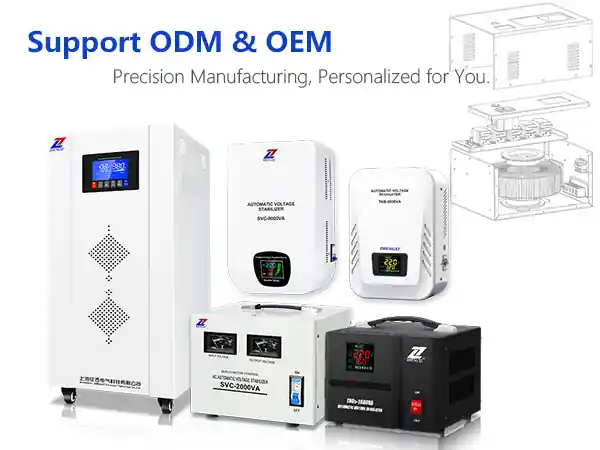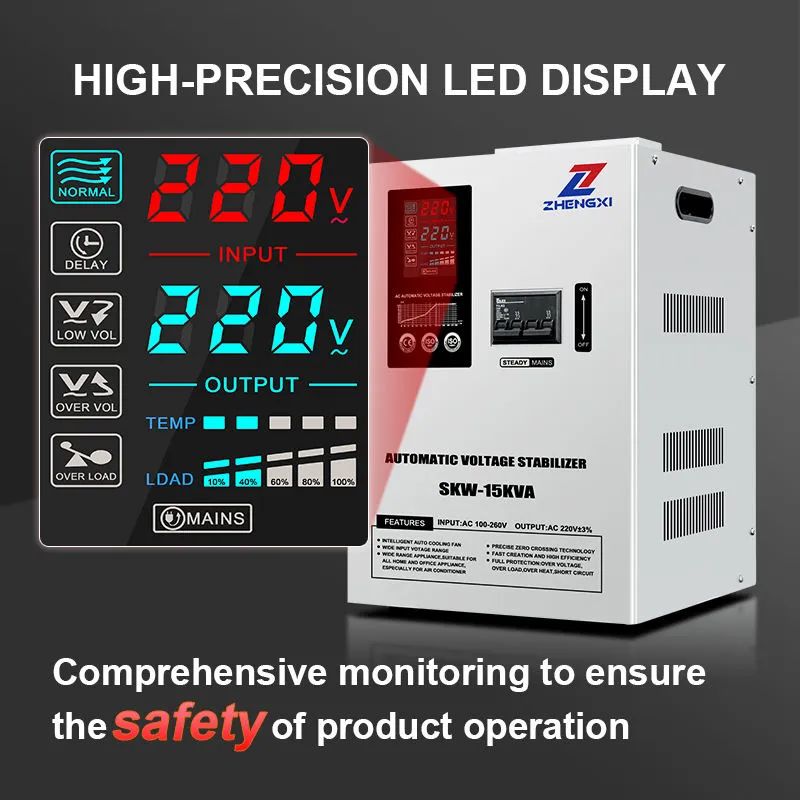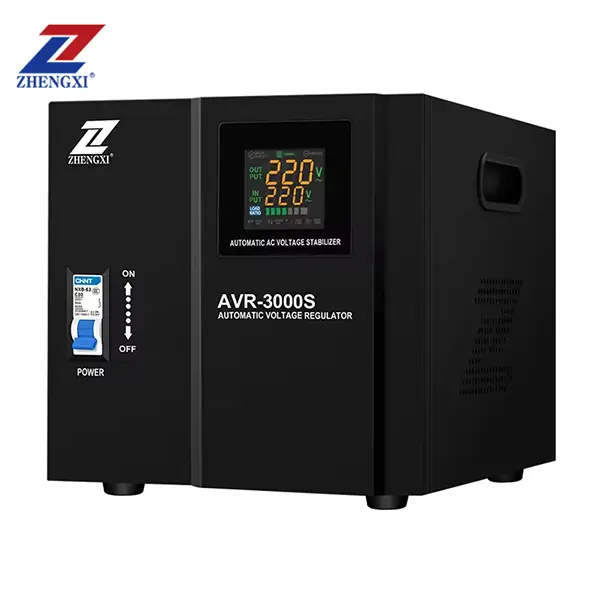In today’s energy-efficient world, solar inverters are playing a crucial role in converting solar energy into usable electricity. However, like all electronic equipment, they are susceptible to voltage fluctuations that can reduce their efficiency and lifespan. This raises the question: Is a voltage stabilizer necessary for an AC system with a built-in inverter?
In this blog, we will explore the importance of using a voltage stabilizer for solar inverter, the benefits of combining them with inverter AC voltage stabilizers, and why volt stabilizers are critical for protecting your equipment.
What is a Voltage Stabilizer for Solar Inverter?
A voltage stabilizer for solar inverter is an essential device designed to maintain a consistent voltage level, ensuring that your solar inverter operates under optimal conditions. This stabilizer helps to protect your inverter from electrical surges or voltage dips, which can cause malfunction or even permanent damage.
When you have a solar inverter, fluctuations in the main power supply can lead to various issues:
- Under-voltage can cause the inverter to shut down or stop operating.
- Over-voltage can damage sensitive electrical components inside the inverter.
A voltage stabilizer ensures that your solar inverter gets the correct input voltage, thus maximizing its efficiency and protecting it from potential risks.
Do You Need an Inverter AC Voltage Stabilizer?
While many inverters come with built-in features to handle voltage fluctuations, these built-in mechanisms often have limitations. Here’s why an inverter AC voltage stabilizer can still be crucial for your system:
- Extra Protection: Built-in protection might not be enough in extreme voltage conditions. An inverter AC voltage stabilizer offers additional safeguard against spikes or surges beyond the inverter’s capacity to manage.
- Efficiency Boost: Voltage stabilizers enhance the operational life and performance of inverters by ensuring a stable voltage supply, which can also improve the solar inverter’s efficiency in converting energy.
- Power Consistency: In regions where voltage fluctuations are common, an inverter AC voltage stabilizer guarantees that the solar inverter gets a consistent input, preventing unnecessary shutdowns and failures.
Key Benefits of Using a Voltage Stabilizer for Solar Inverter
- Prevents Damage: Voltage fluctuations can harm sensitive components of your solar inverter, leading to expensive repairs or replacement. A voltage stabilizer protects these components.
- Improved Longevity: By regulating the incoming voltage, the stabilizer ensures that your inverter operates within the recommended voltage range, increasing its lifespan.
- Cost Savings: Preventing damage means fewer repairs and replacements. Over time, investing in a voltage stabilizer can save you money on maintenance costs.
- Increased Performance: Voltage stabilizers help in maintaining consistent voltage levels, which improves the overall performance of your solar inverter.
Why Should You Consider Using a Voltage Stabilizer?
If you are using a solar inverter, it’s essential to ensure that the system operates under stable conditions. While built-in protection mechanisms are good, they aren’t always sufficient to manage voltage instability. The voltage stabilizer for solar inverter ensures that your system operates optimally, extending its life and improving energy efficiency. Especially in areas with frequent power surges or unstable voltage, investing in a stabilizer is a wise decision.
FAQ
Q1: Can a voltage stabilizer be used with all types of solar inverters?
A: Yes, voltage stabilizers can be used with all types of solar inverters. They work well with both string inverters and microinverters by maintaining consistent voltage levels and protecting sensitive components.
Q2: What type of voltage stabilizer is best for a solar inverter?
A: A solar inverter voltage stabilizer should be rated for the maximum load of the inverter and capable of handling both over-voltage and under-voltage conditions. It should also be compatible with the inverter’s voltage specifications, ensuring smooth performance.
Q3: Can a voltage stabilizer help with inverter efficiency?
A: Yes, a voltage stabilizer can improve efficiency by ensuring that the inverter receives a constant voltage. This minimizes energy loss caused by voltage fluctuations, ensuring the inverter works at its best capacity.
Q4: Are built-in voltage protection mechanisms in inverters not enough?
A: While many inverters come with built-in voltage protection features, these may not be sufficient for extreme voltage fluctuations. Using a dedicated inverter AC voltage stabilizer offers extra protection, reducing the chances of inverter failure and enhancing its efficiency.
Q5: Is it necessary to install a voltage stabilizer for all ACs with inverters?
A: While ACs with inverters often have built-in protection, a voltage stabilizer is still recommended for areas with frequent voltage instability. It provides an added layer of protection and ensures that your inverter AC runs smoothly and efficiently.
Conclusion
In conclusion, while solar inverters and inverter ACs may have some built-in protection mechanisms, a dedicated voltage stabilizer for solar inverter is a must for ensuring smooth and efficient operation. Voltage fluctuations can cause serious damage to your inverter, reduce its lifespan, and result in higher maintenance costs. By using an inverter AC voltage stabilizer, you can protect your equipment, improve performance, and enjoy long-term savings.








